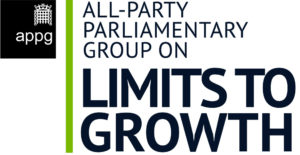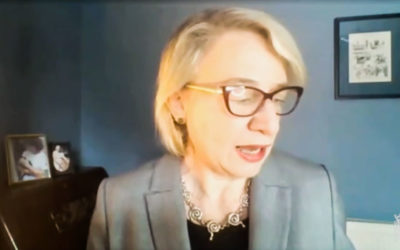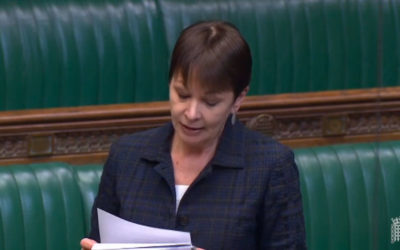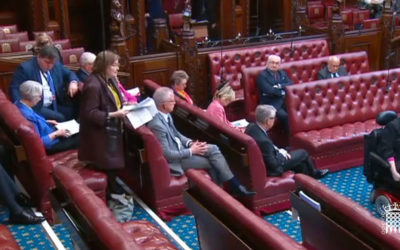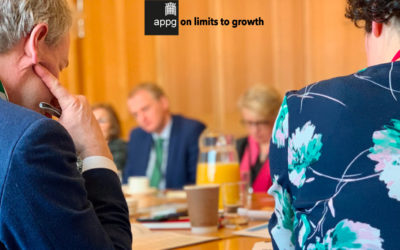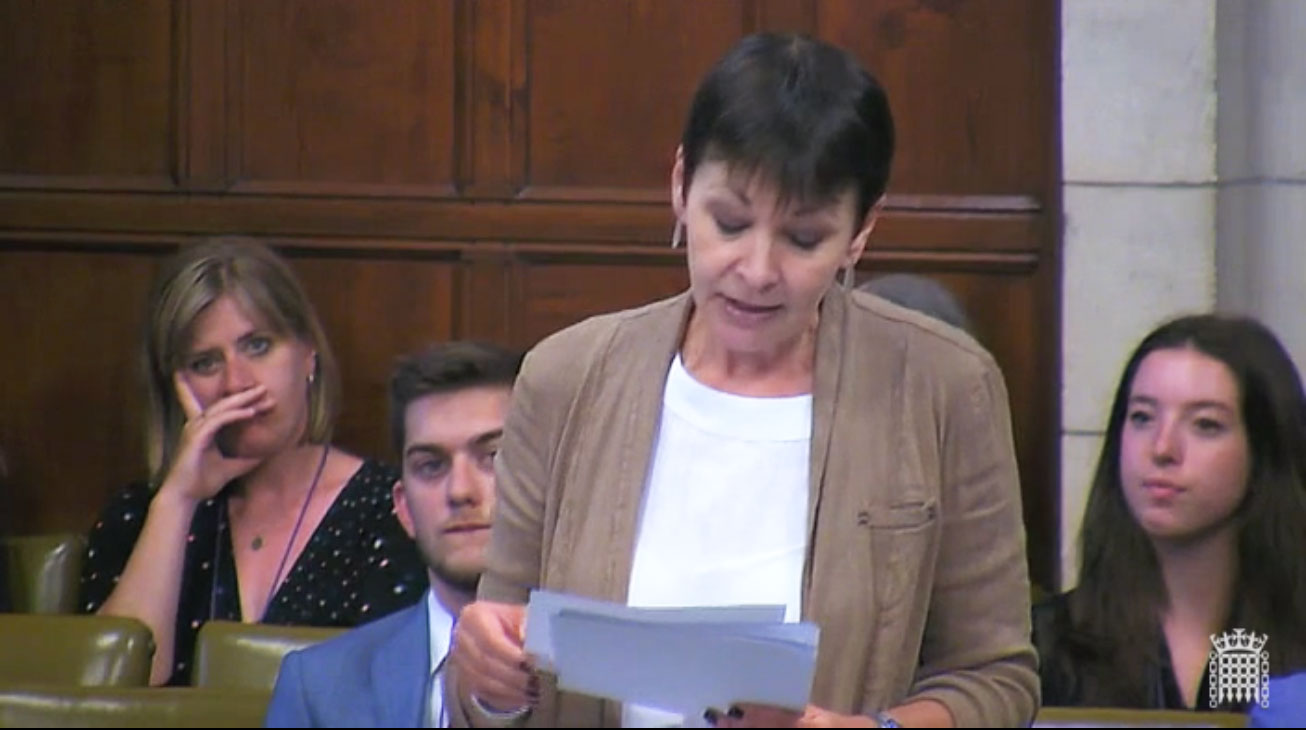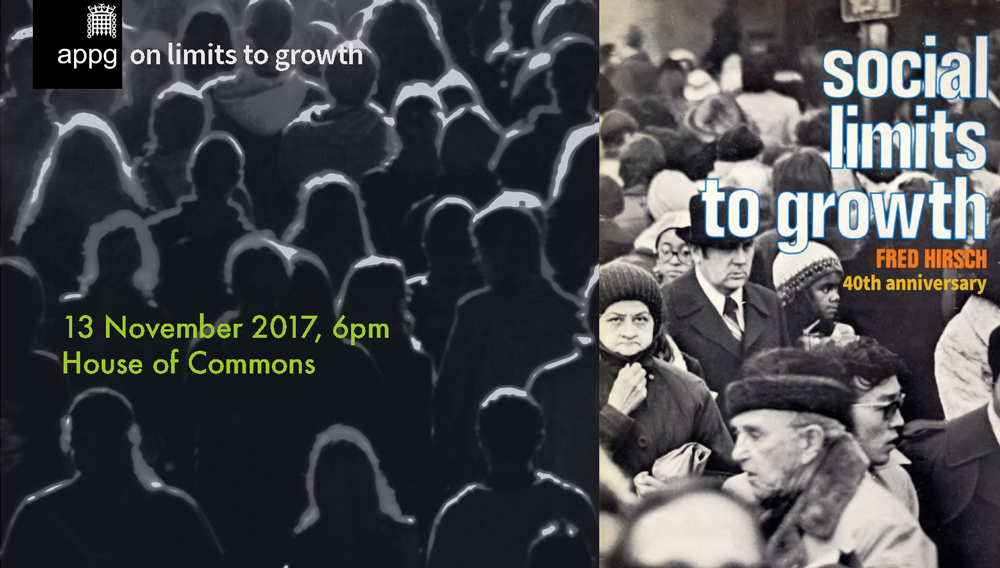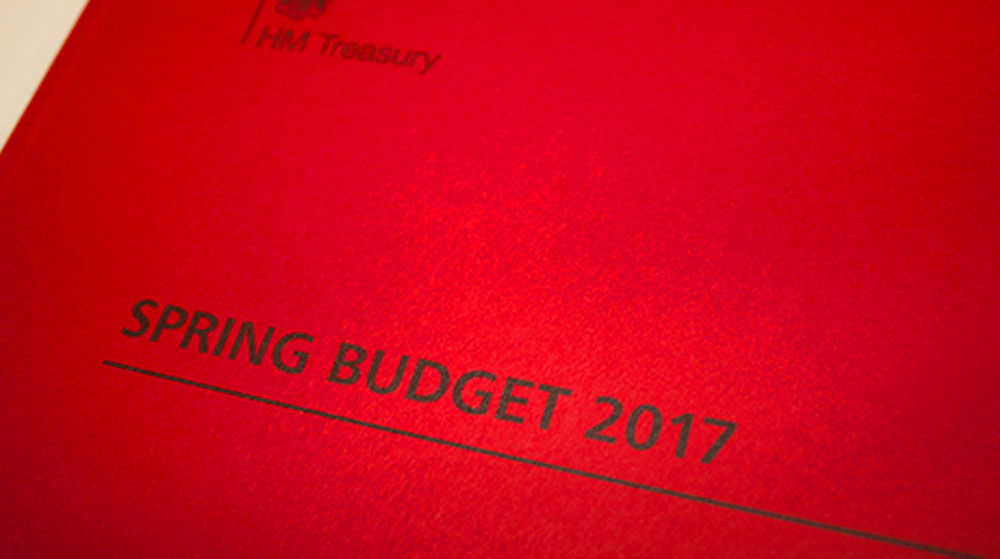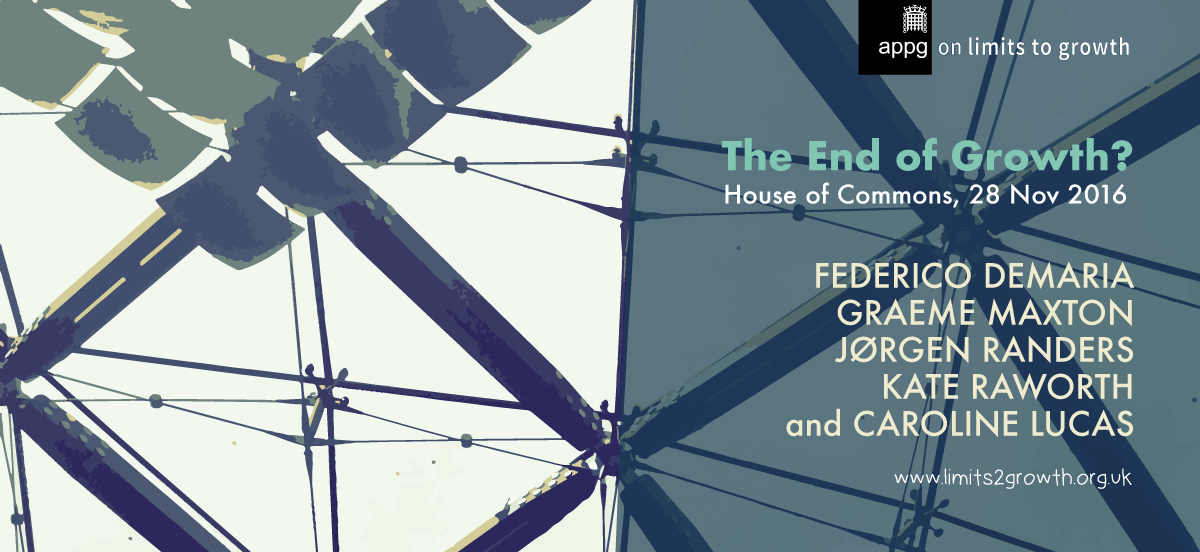We regularly commission briefings and reports. For a list of publications to date, please see the publications page. For updates on our policy debates with invited experts, please see the events page.
Following the July 2024 election, the group is due to reconstitute in the coming weeks. If you’re interested in joining the APPG as Member of Parliament or Member of the House of Lords, please email our secretariat at appg@cusp.ac.uk.
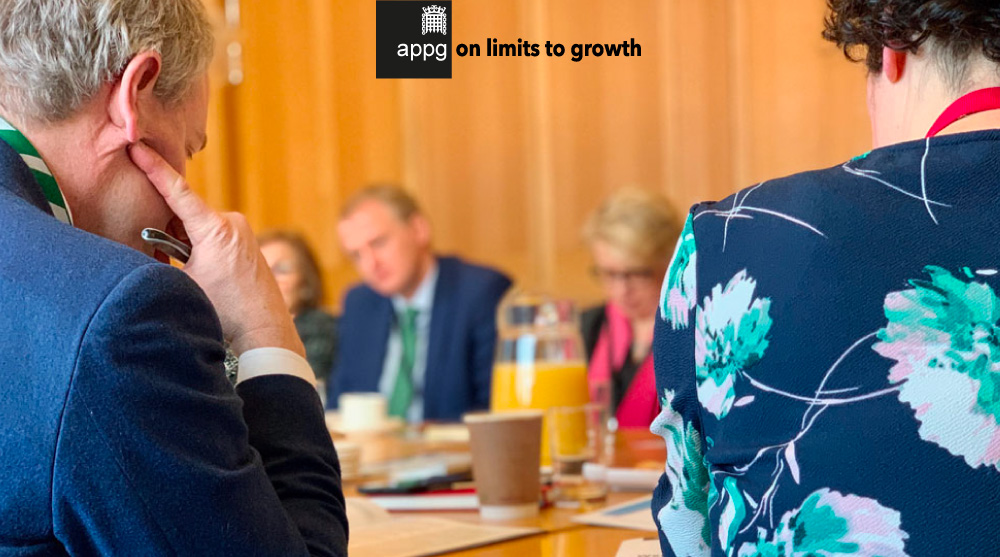

Wellbeing Matters—Tackling growth dependency | Briefing Paper
Economists have known for more than eighty years that the GDP is not a good measure of social progress. Yet, for the most part, UK policy still proceeds as though growth in GDP is the most important determinant of political and economic success. In the context of declining growth rates across the advanced economies and the need to tackle urgent challenges such as climate change, biodiversity loss and social inequality, this strategy is at best short-sighted and at worst disastrous both for societal wellbeing and for long-term sustainability. This policy briefing highlights some alternatives to the conventional approach. It presents a three-fold strategy for moving beyond GDP.
